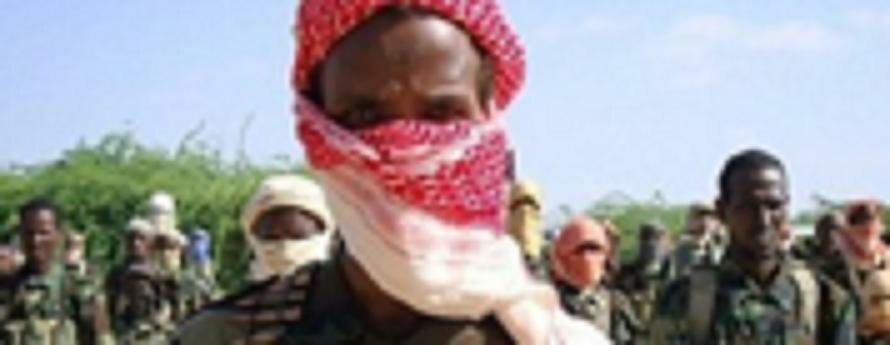 Bartamaha (Nairobi):- On July 11, 2010, twin bombings in the Ugandan capital Kampala killed 74 people who were watching the FIFA World Cup final on TV. The Somali Islamist group, Al-Shabab, claimed responsibility for the blasts, hinting at its reach beyond borders. Violence and insecurity have become two significant features of Somalia, thanks to piracy and terrorism.
Bartamaha (Nairobi):- On July 11, 2010, twin bombings in the Ugandan capital Kampala killed 74 people who were watching the FIFA World Cup final on TV. The Somali Islamist group, Al-Shabab, claimed responsibility for the blasts, hinting at its reach beyond borders. Violence and insecurity have become two significant features of Somalia, thanks to piracy and terrorism.
Moreover, the weak transitional government is non-influential outside the capital. Many fear that Somalia’s instability could threaten the security of the US, Europe and Africa. In an exclusive interview with Kamna Arora of Zeenews.com, Horn of Africa analyst Roger Middleton discusses Somali security threat.
Mr Roger Middleton is a consultant researcher on the Africa program at London-based think tank Chatham House.
Kamna: MI5 chief Jonathon Evans has described Somalia as a “seedbed for terrorism”. How grave is the Somali threat?
Roger: Jonathan Evans talked about the threat from Yemen and Somalia. The conflict in Somalia has developed in recent years and it now draws some disillusioned young men from the UK and other countries to fight there. These are often not of Somali descent. Several of the suicide bombings we have seen in Somalia have been carried out by the Somali Diaspora.
Kamna: Kenyan Foreign Minister Moses Wetangula recently said the international community is neglecting the security threat from Somalia. Do you agree with his view? If yes, then why do you think Somalia is being ignored?
Roger: Somalia has a long history, if not of being ignored by the international community then certainly of being treated as a low priority. But issues like the bombings in Kampala and the piracy threat show that even if the rest of the world ignores Somalia, it doesn’t mean that we will not be affected by the problems there.
Kamna: How strong is Al-Shabab, which is allied with al Qaeda?
Roger: At present, Al-Shabaab is the strongest group in southern Somalia. It is only the presence of African Union peacekeepers that prevents them from taking control of Mogadishu Port and airport and the presidential palace. But Al-Shabaab is a coalition of ideas and groups some of which do believe in global Jihad on AQ (al Qaeda) lines and others who are concerned exclusively with Somali issues. So, there are internal weaknesses.
Kamna: Is Somalia the next Afghanistan for the US?
Roger: The chances of any large-scale external military intervention in Somalia are extremely slim. Further, the history of the last 20 years shows that external interventions in Somalia very often end up making the situation worse.
Kamna: What is hampering government formation in Somalia?
Roger: The dreadful security situation, lack of funds, infighting between key members of the government – all these make forming a functioning government very difficult. It is important to remember though that the north-west Somaliland is stable and has just experienced a democratic transfer of power and in the north-east Puntland is much safer and more stable than the south. So, it is possible to build functioning government in Somalia.
————————————-
Source:- Zee News.



